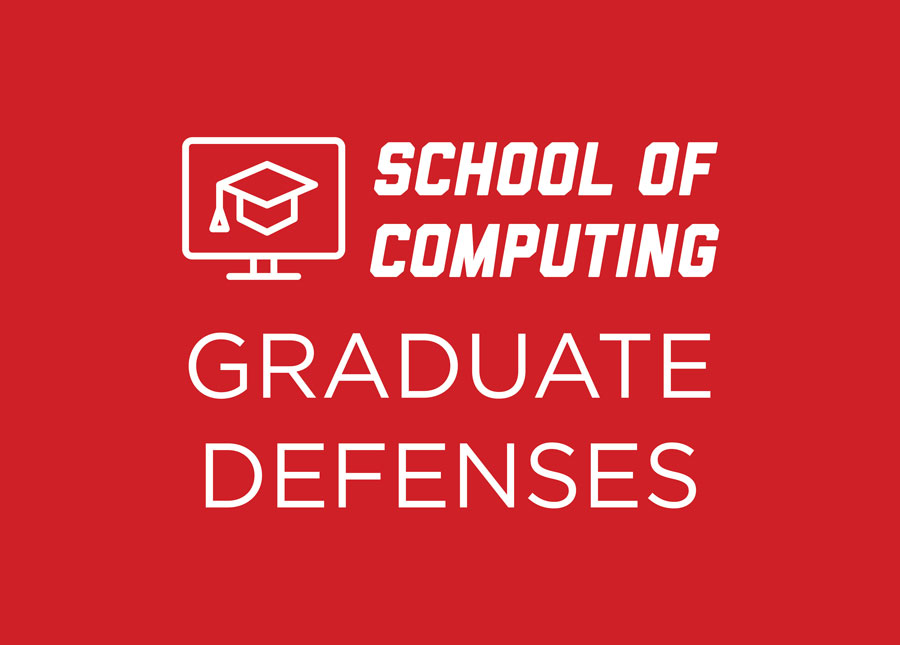
M.S. Thesis Defense: Ashraful Islam
Thursday, April 27, 2023
9:30 AM
Zoom: https://unl.zoom.us/j/93976548704
"SIM-TO-REAL REINFORCEMENT LEARNING FRAMEWORK FOR AUTONOMOUS AERIAL LEAF SAMPLING"
Using unmanned aerial systems (UAS) for leaf sampling is contributing to a better understanding of the influence of climate change on plant species, and the dynamics of forest ecology by studying hard-to-reach tree canopies. Currently, multiple skilled operators are required for UAS maneuvering and using the leaf sampling tool. This often limits sampling to only the canopy top or periphery. Sim-to-real reinforcement learning (RL) can be leveraged to tackle challenges in the autonomous operation of aerial leaf sampling in the changing environment of a tree canopy. However, transferring an RL controller that is learned in simulation to real UAS applications is challenging due to the risk of crashes. UAS crashes pose safety risks to the operator and its surroundings which often leads to expensive UAS repairs. In this thesis, we present a Sim-to-Real Transfer framework using a computer numerical control (CNC) platform as a safer, and more robust proxy, before using the controller on a UAS. In addition, our framework provides an end-to-end complete pipeline to learn, and test, any deep RL controller for UAS or any three-axis robot for various control tasks. Our framework facilitates bi-directional iterative improvements to the simulation environment and real robot, by allowing instant deployment of the simulation learned controller to the real robot for performance verification and issue identification. Our results show that we can perform a zero-shot transfer of the RL agent, which is trained in simulation, to real CNC. The accuracy and precision do not meet the requirement for complex leaf sampling tasks yet. However, the RL agent trained for a static target following still follows or attempts to follow more dynamic and changing targets with predictable performance. This works lays the foundation by setting up the initial validation requirements for the leaf sampling tasks and identifies potential areas for improvement. Further tuning of the system and experimentation of the RL agent type would pave the way to autonomous aerial leaf sampling.
Committee:
Dr. Carrick Detweiler, Chair
Dr. Dung Hoang Tran
Dr. Stephen Scott